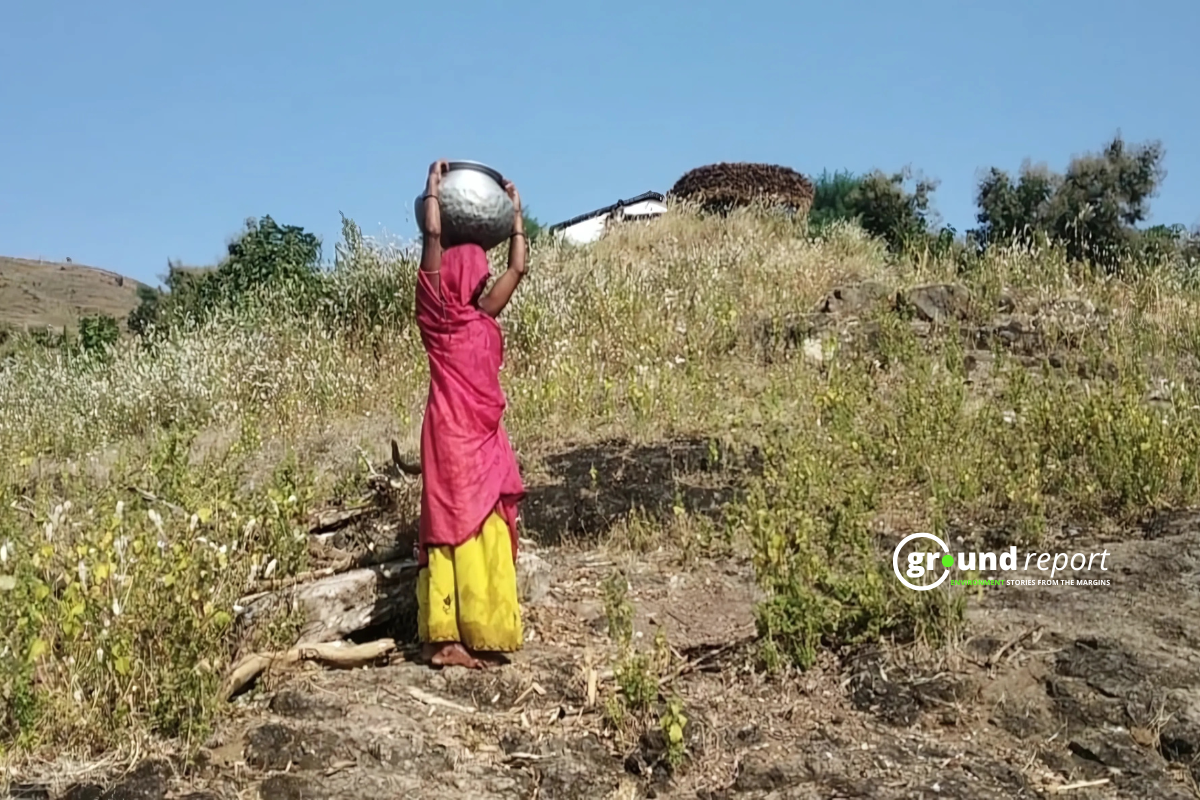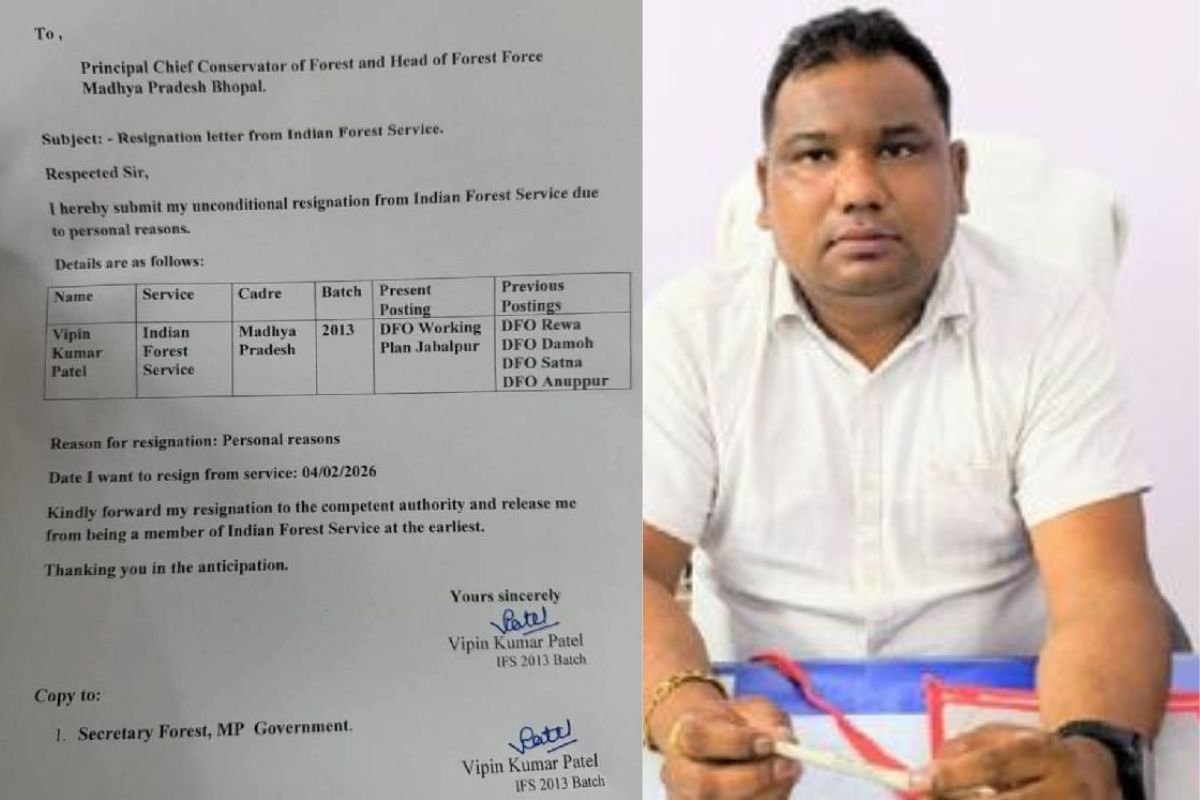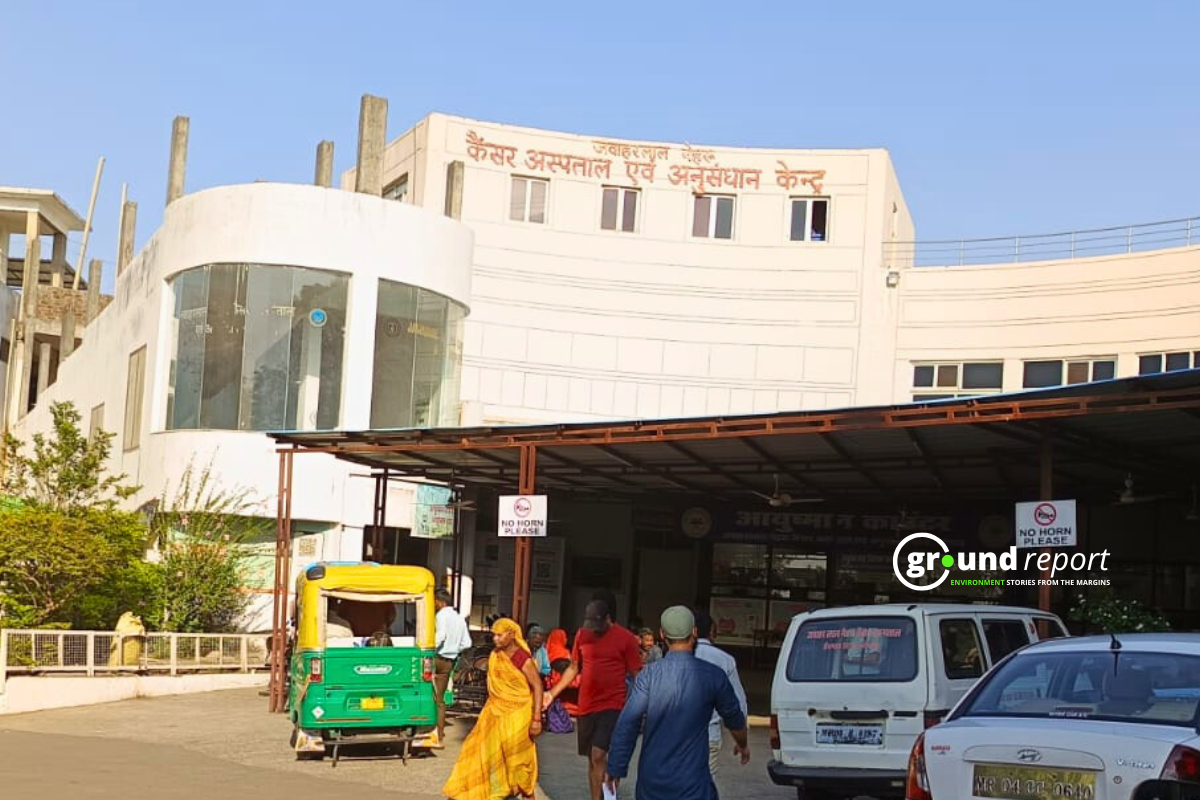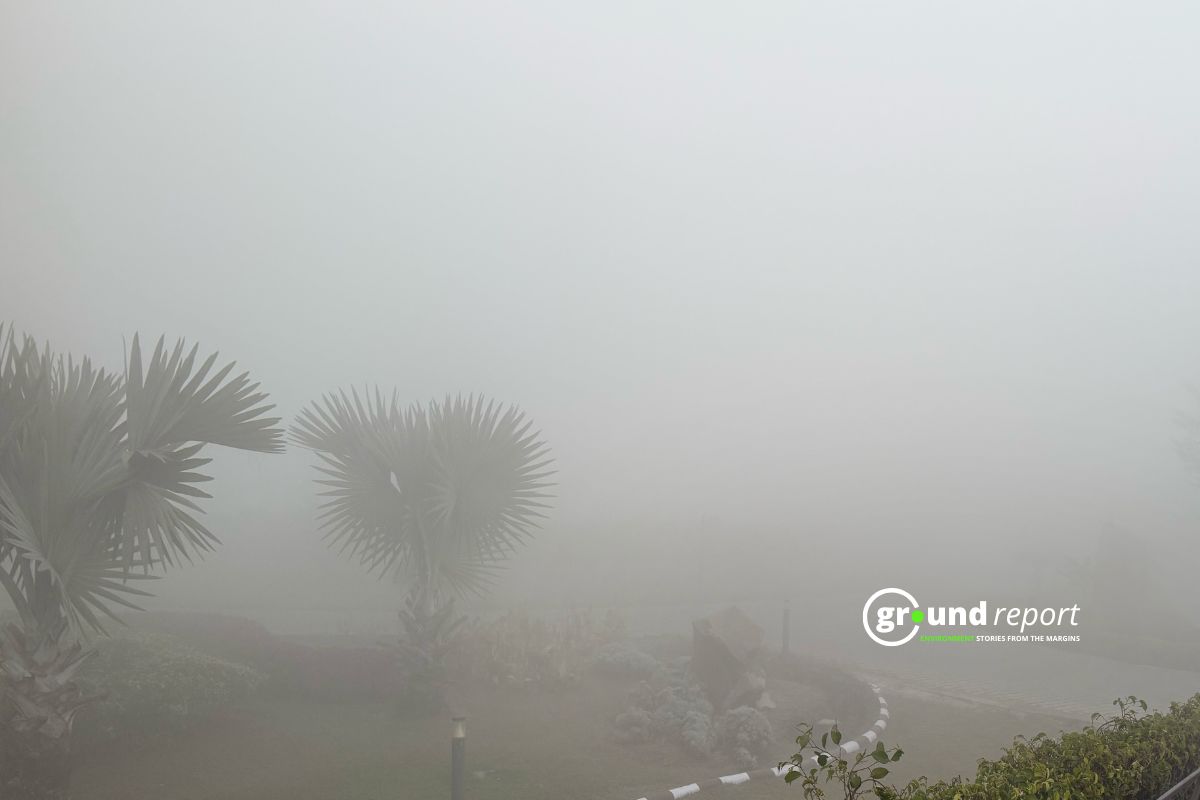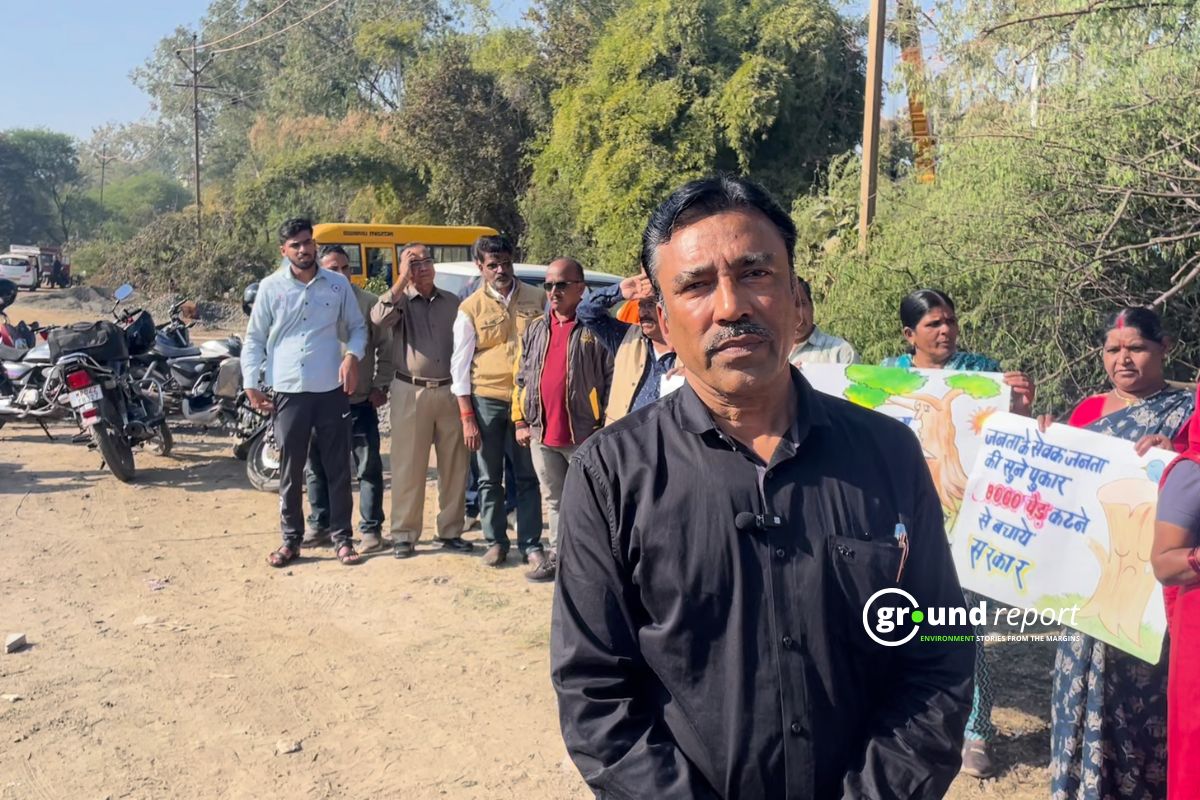Balaghat district is facing a severe water crisis despite the Wainganga River being a major tributary of the Godavari. The administration has declared Balaghat a water-scarce district and imposed strict measures to manage the situation.
From April 1 to July 31, the district will follow strict water conservation rules. District Collector Mrinal Meena issued an order to control water usage. The crisis has already begun, with drinking water shortages and a lack of irrigation water for farmers.
The administration is urging residents to save water and follow conservation measures. Chief Minister Mohan Yadav has launched the Jal Ganga Samvardhan Abhiyan to encourage people to save every drop. Authorities are closely monitoring the situation and promoting rainwater harvesting. Residents are also encouraged to report any misuse of water. Rising temperatures and depleting groundwater levels make the crisis even worse.
New tubewells are now banned in the district. Public water sources cannot be used for irrigation or industrial purposes without permission. No one is allowed to use pumps to extract groundwater during public water supply hours. Local authorities will seize unauthorized motors, and violators may face up to two years in jail or a ₹2,000 fine.
Farmers are struggling to grow paddy crops due to failing water sources. The Wainganga River flows through the district, yet groundwater levels are dropping fast due to overuse. Many small rivers also pass through Balaghat, but they are drying up.
The main causes of the crisis include excessive groundwater use for Rabi crop irrigation, illegal tree cutting, and unregulated sand mining. Despite Balaghat having large forest areas, deforestation and uncontrolled resource exploitation have worsened the situation.
The administration is taking action, but locals must also follow rules to save water and prevent further shortages. Without immediate conservation efforts, the water crisis will deepen, affecting both farmers and daily life in the district.
Support us to keep independent environmental journalism alive in India.
More Video Reports
Mahseer saviors struggle as conservation funds dry up
Rising temperatures increasing hardships of chilli sorters in Khargone
Sexed Semen: Madhya Pradesh determining calf’s gender
Fertilizer shortage disrupts rabi sowing for Madhya Pradesh farmers
Follow Ground Report on X, Instagram and Facebook for environmental and underreported stories from the margins. Give us feedback on our email id greport2018@gmail.com.
Don’t forget to Subscribe to our weekly newsletter, Join our community on WhatsApp, and Follow our YouTube Channel for video stories
